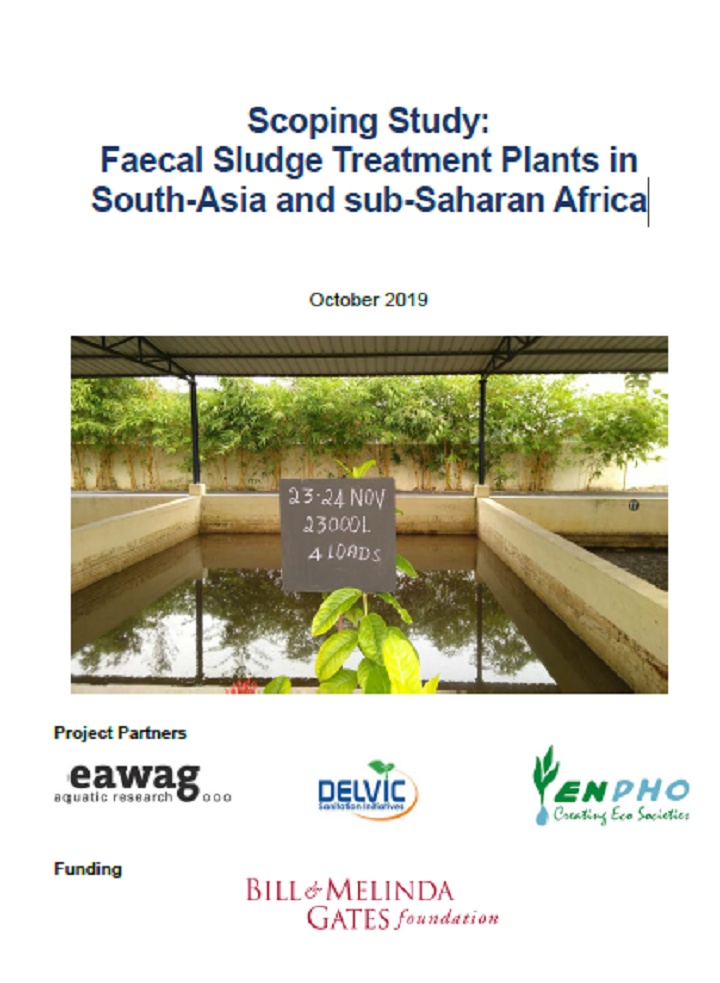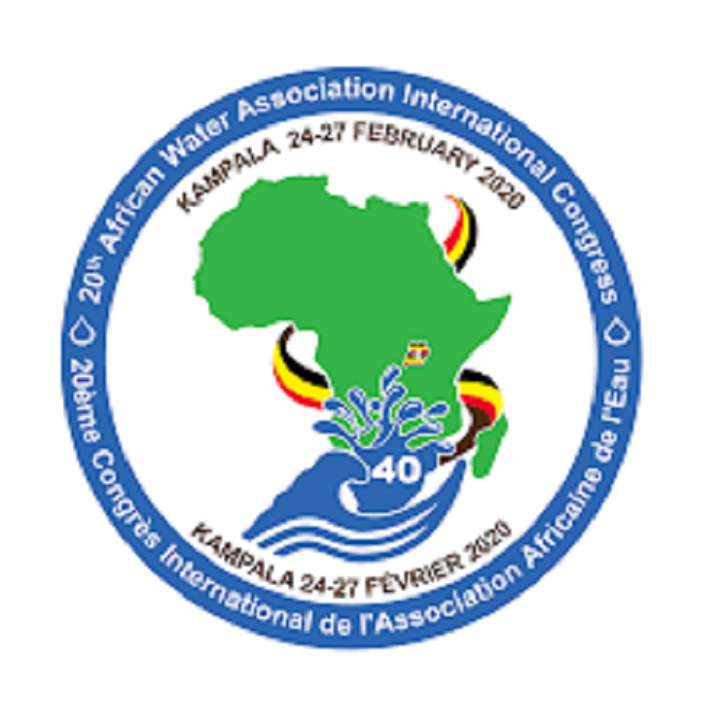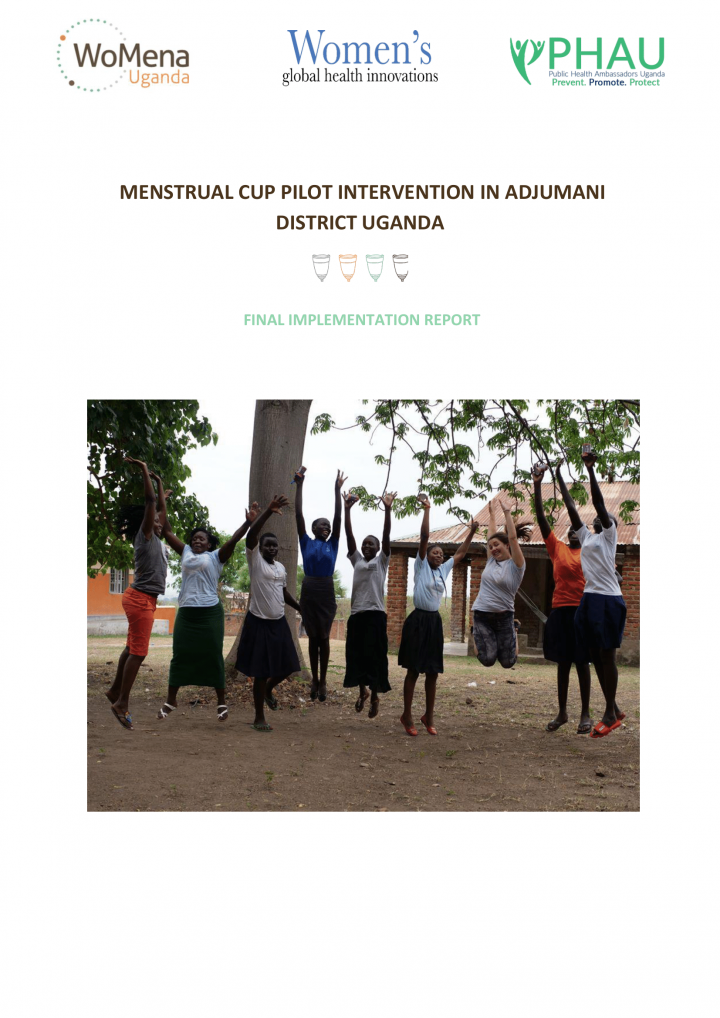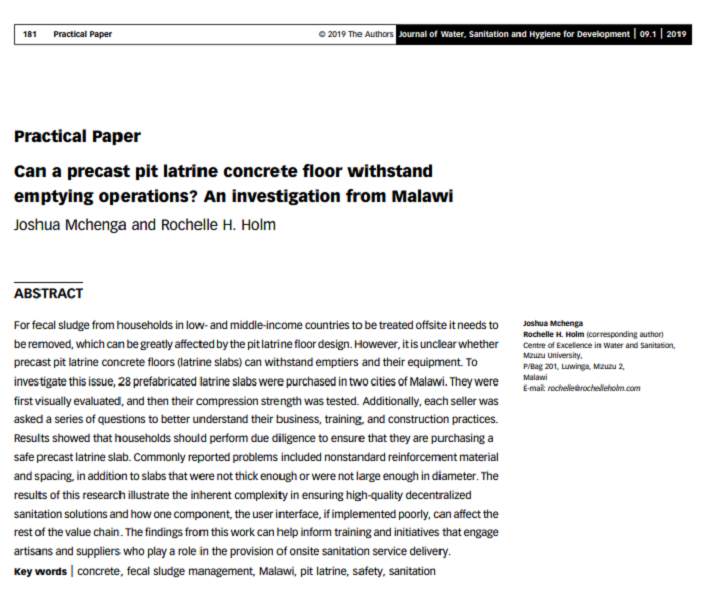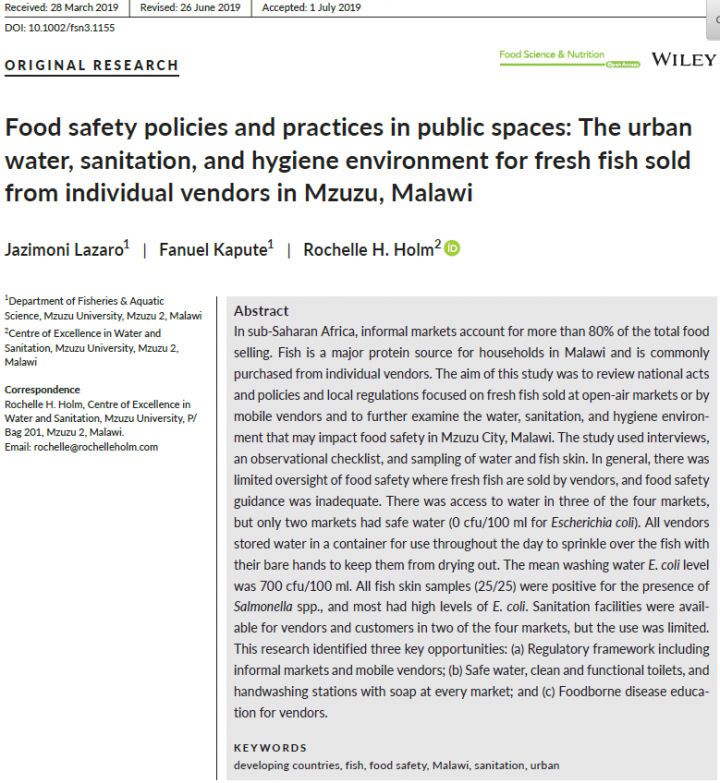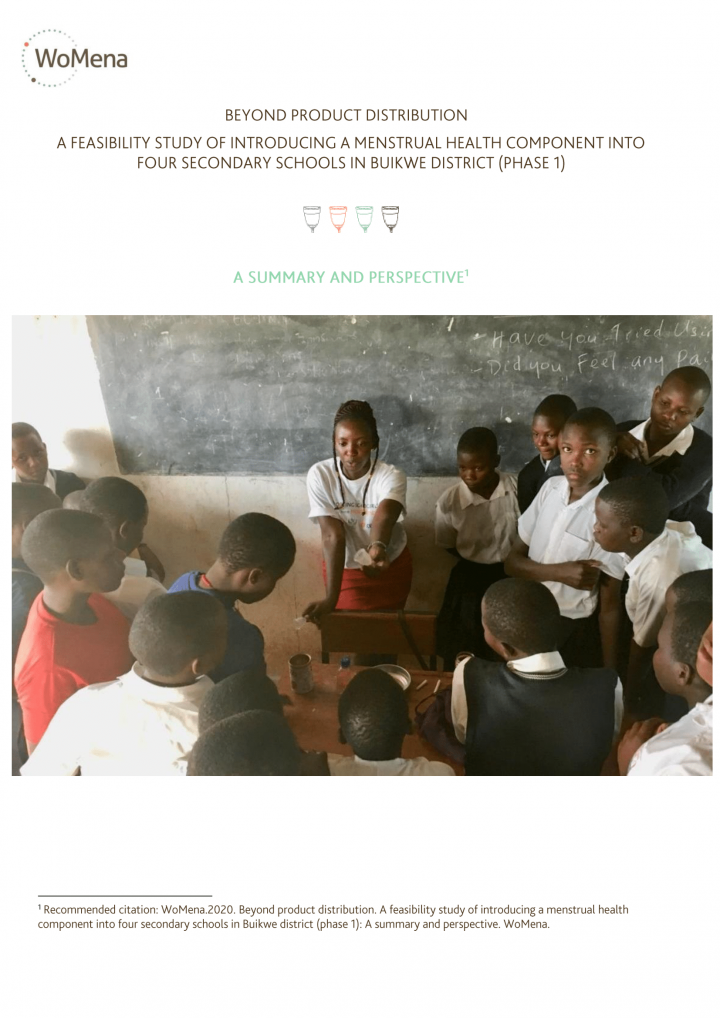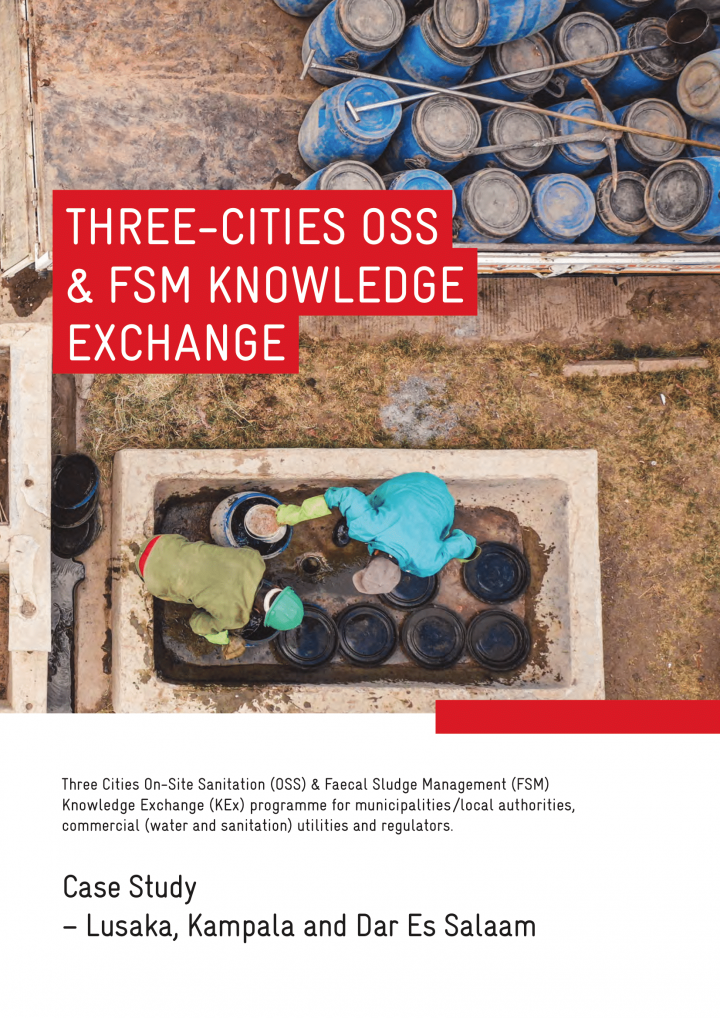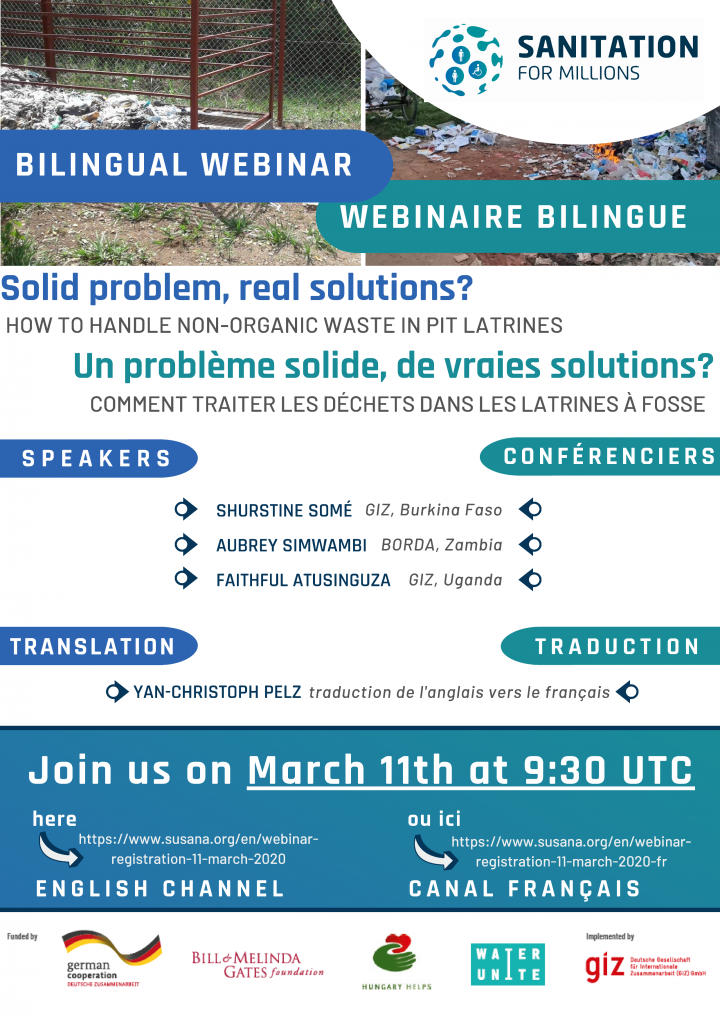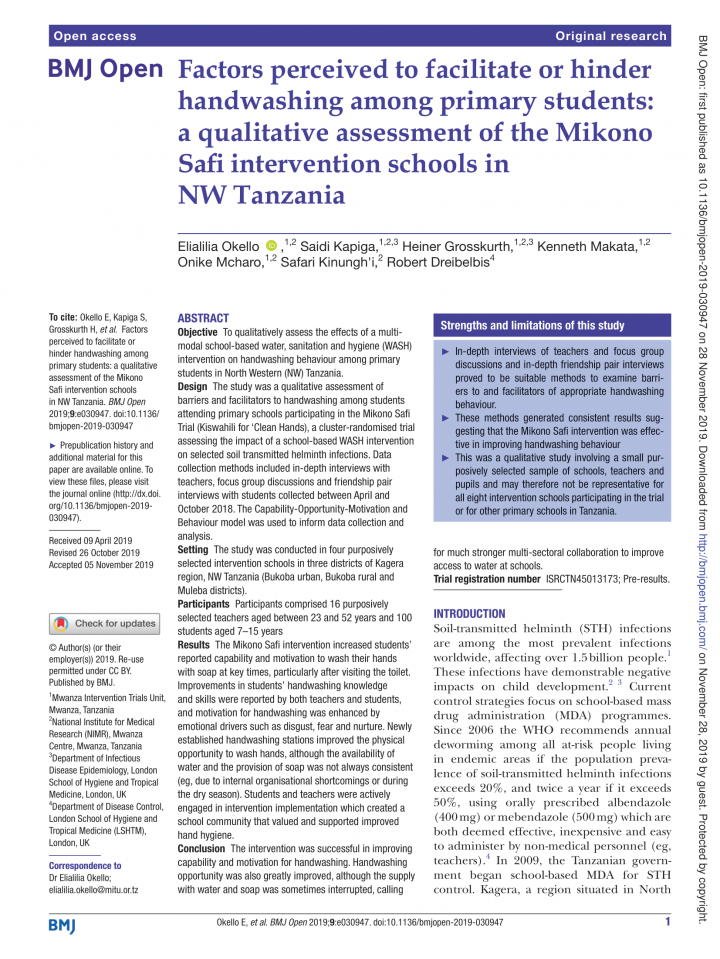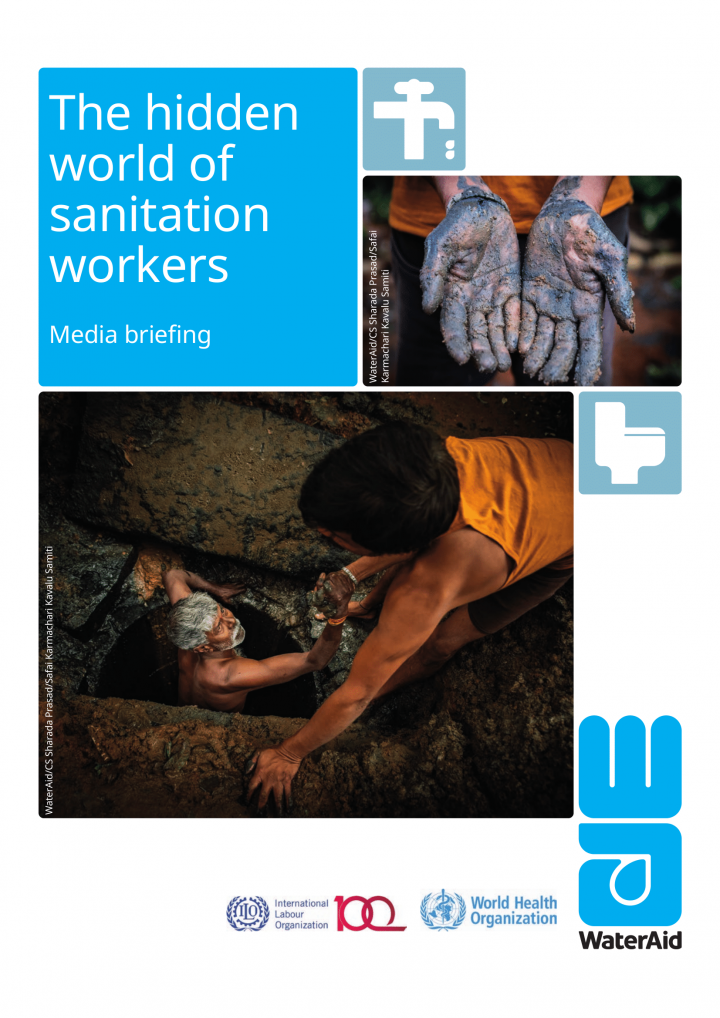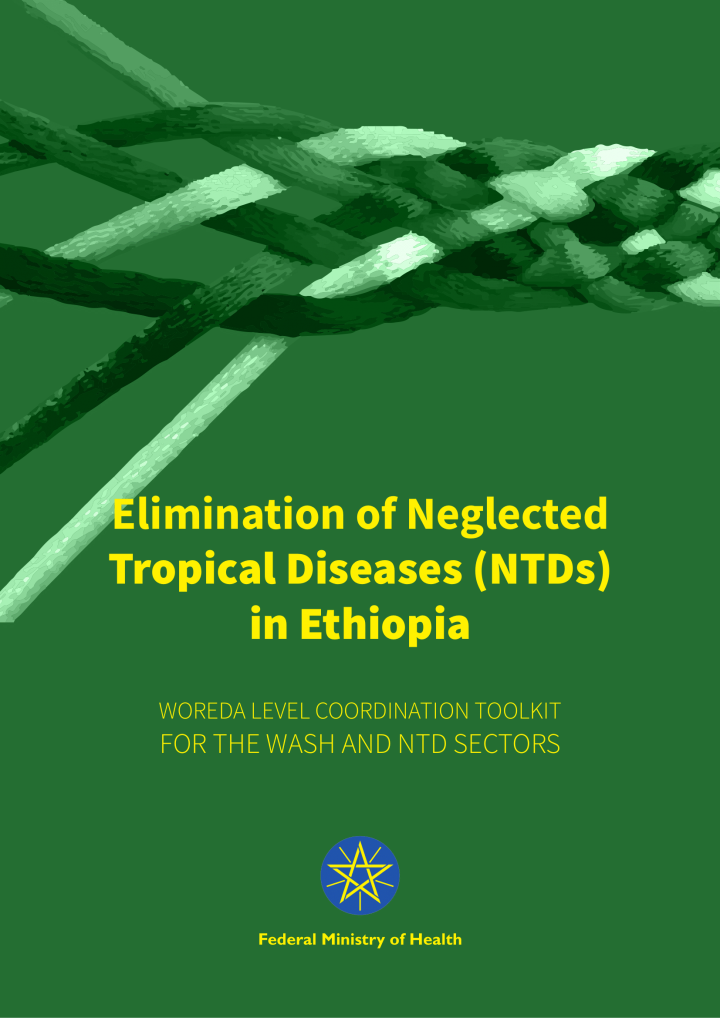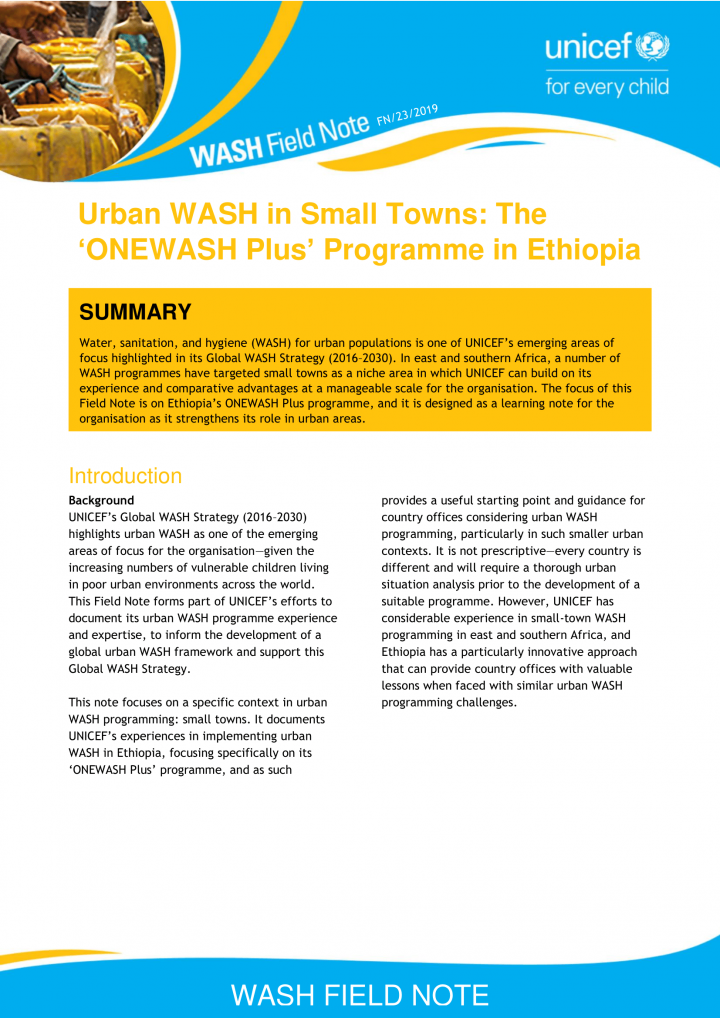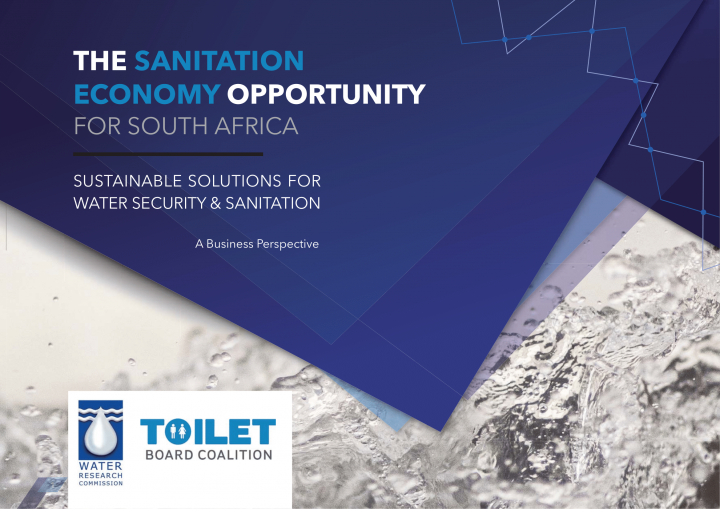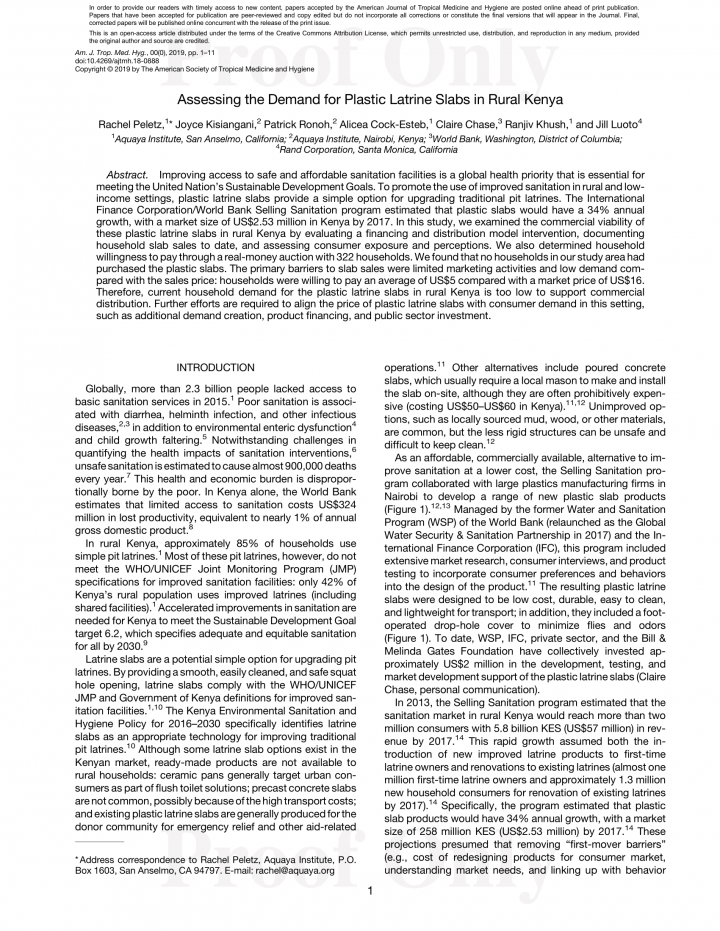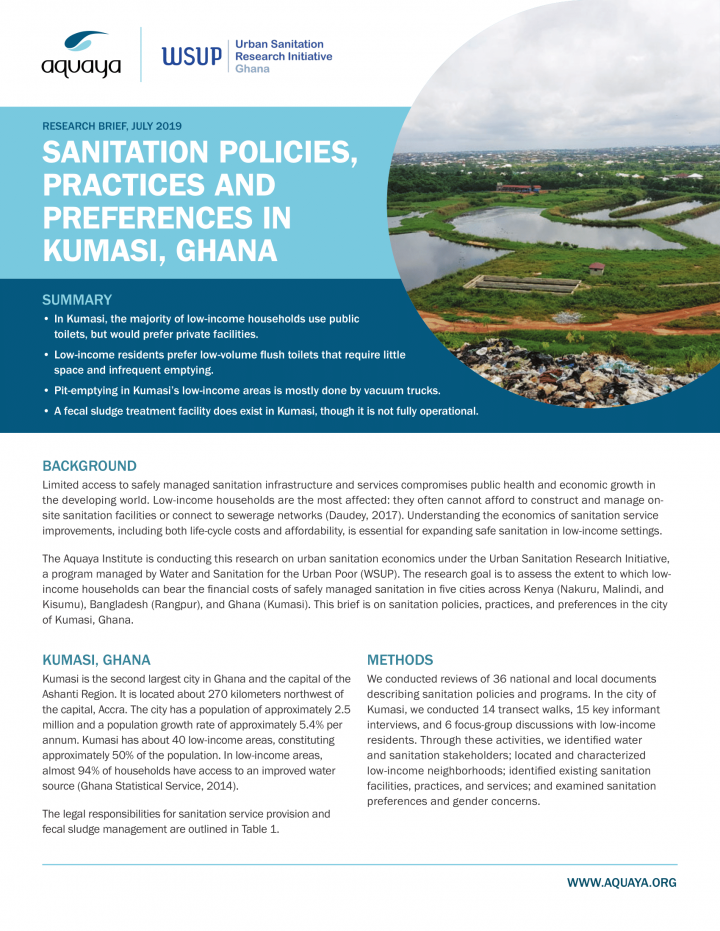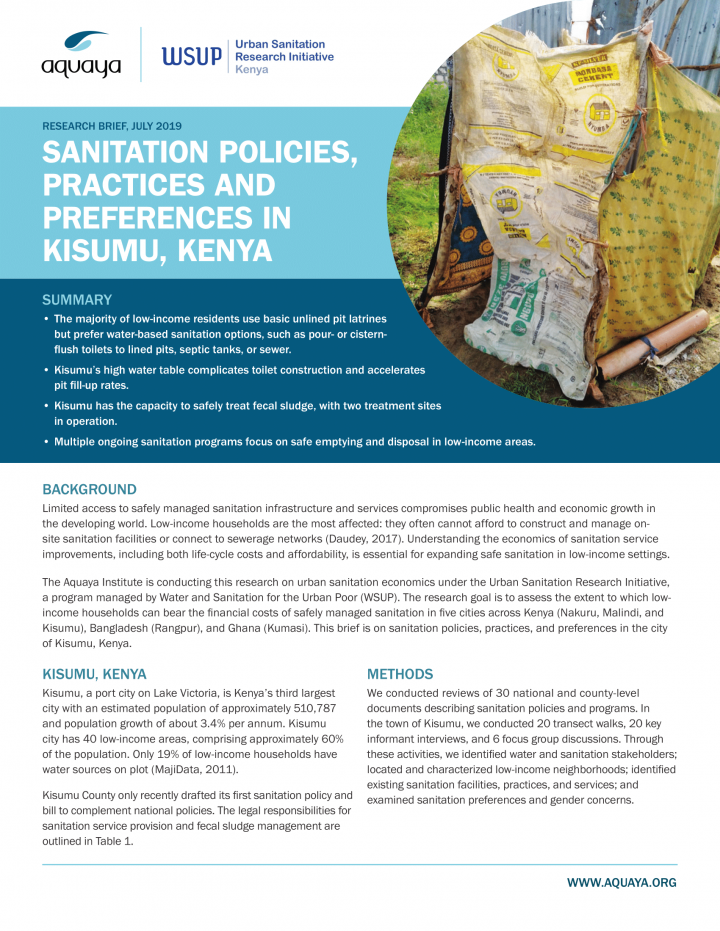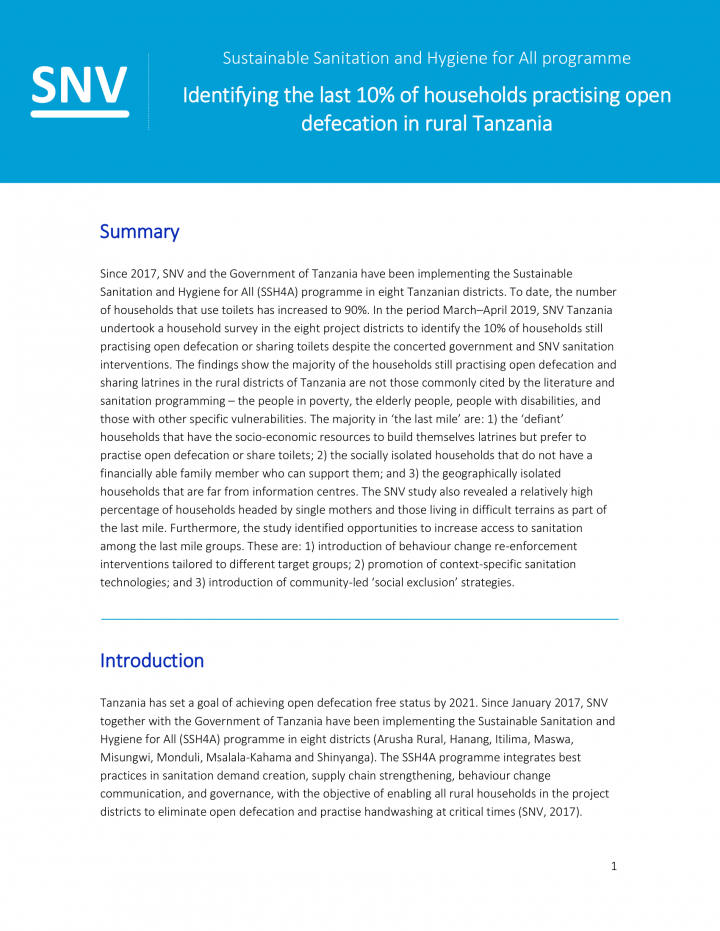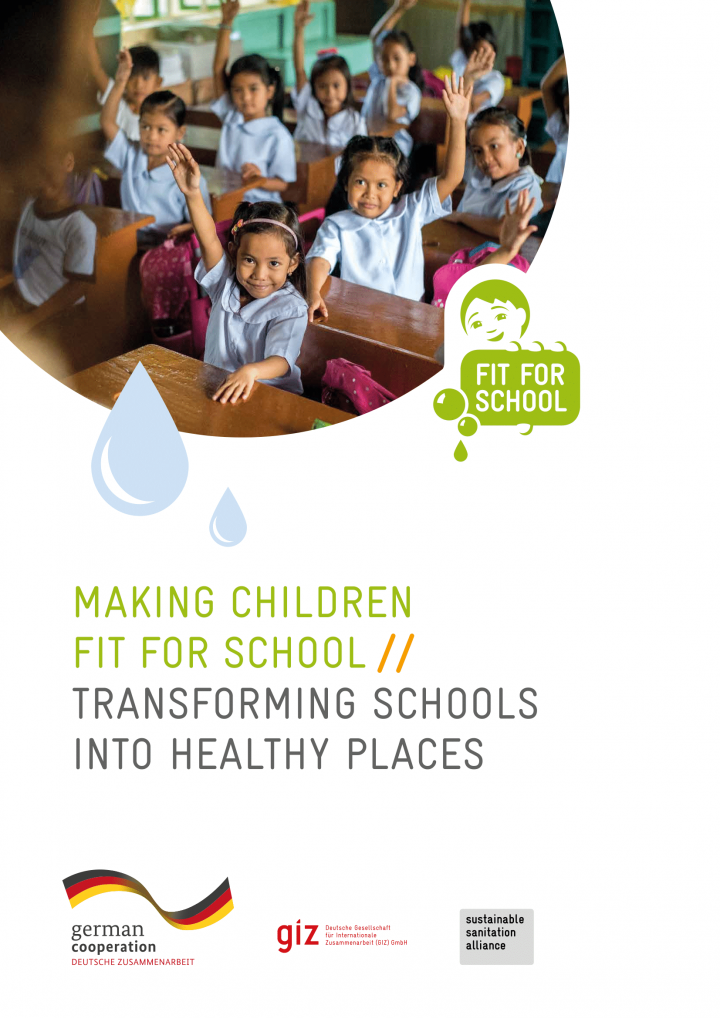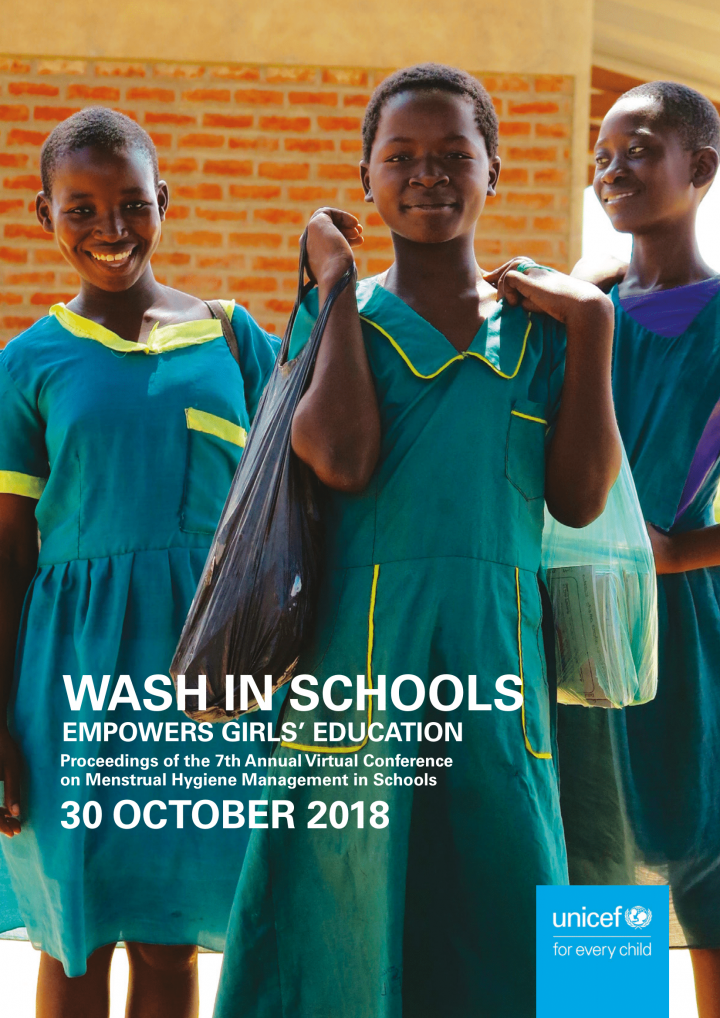This chapter aims to enhance knowledge sharing and reusing from the continent to strengthen African WASH CSOs, enhancing their value and their relevance in the sector, and ultimately providing a better link and improved coordination between African WASH actors overall.
We are happy to join forces with the African Civil Society Network on Water and Sanitation (ANEW) to set-up and further develop the SuSanA Africa Chapter and a big thank you to the Water Supply and Sanitation Collaborative Council (WSSCC) for the financial support.
All SuSanA partner organisations and members are warmly invited to define contributions for the SuSanA Africa Chapter and contact the Chapter Coordinator if they are interested to participate.
Disclaimer: Both English and French knowledge resources will be shared within the chapter.
Contact
Sareen Malik
Regional Chapter Coordinator
African Civil Society Network on Water and Sanitation (ANEW) • Kenya
Sareen leads ANEW, the umbrella organisation of water and sanitation NGOs in Africa. She currently holds the position of Vice Chair on the SWA Steering Committee. With over 15 years experience in the field of water …
Chaiwe Mushauko-Sanderse
Regional Chapter Co-Coordinator
Independent consultant • Zambia
Independent consultant (capacity development, knowledge management, strategic planning, project management, M&E in WASH, climate action and, gender)
